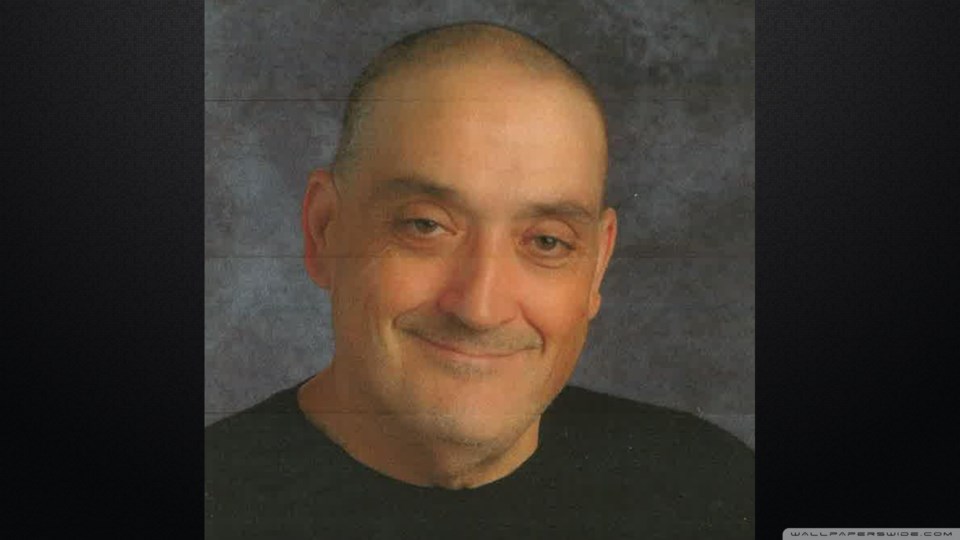Sylvin Lacroix says he's proud of his culture and being a francophone.
“It’s part of who we are. Being francophone doesn’t mean we’re anti-anglophone. It has nothing to do with that," he says. "We can work together to have a better city. I think a good community should have a place for everyone: for (Indigenous) people, for the francophone, for the anglophone and all the other cultures.”
Born in Rouyn-Noranda, Qué., Lacroix, 52, moved to Timmins in 1988 to study social services at Northern College.
At the college, he met his wife, got married and stayed in the city. He also graduated from a sociology program from l’Université de Hearst seven years ago having to take night classes but says he loved every minute of it.
In addition to his job as a social services leader at Conseil scolaire public du Nord Est l’Ontario, Lacroix is also a director of L’Alliance de la francophonie de Timmins, a non-profit organization representing the francophone community and working on improving French services in the area.
“Our job is to make sure the services are there for the francophone and how do we work with everybody, how we make sure what we do make, even if it’s for the francophone community, make sure all the community can have some benefits from what we’re doing,” Lacroix says. “Our organization is a good representation of Timmins.”
He joined the organization as a board member in 1989 before becoming its executive director in 1995.
One of its latest projects include the launch of a youth project, Alliance de la francophonie jeunesse de Timmins.
Last May, the organization conducted a survey of 150 students from Grades 7 to 12 about what can be improved in the community and was planning to hold a symposium in March but it got cancelled due to the pandemic.
This year, the organization did several online surveys asking community businesses how the needs of francophone youth can be met. Lacroix says the results of those surveys will be available in the next few weeks.
He says L'Alliance wants to ensure the voices of young people are heard in other community organizations.
“The goal was to open the door (for them),” Lacroix says. “Every decision that is made, we made sure the youth are involved and their priorities are respected in all our decisions ... To make sure we keep our youth in Timmins because we’re losing them, they go study out of town and they’re not coming back.”
L'Alliance has also spearheaded the establishment of the French primary care clinic, Centre de santé communautaire de Timmins, located at the Timmins Square.
One of the organization’s groups is now working on a project with local businesses to make their signs bilingual.
There’s also a committee, led by L’Alliance and Coun. Michelle Boileau, that started working on developing francophone tourism, business and services in the community, says Lacroix.
“When you go to the mall in Royun, Ontario plates are everywhere. When you go up to the mall here, you don’t see that. Unfortunately, Québecers think there are only francophone in Québec, so we have to work on bringing them here.”
Due to the pandemic, there’s likely to be a “big hole” in the organization’s budget this year, he says.
Balancing two jobs and raising four children isn’t easy but he says he loves working for L’Alliance.
“I’m happy, I love it. I mean it’s a job that I get paid to do it but I love doing it,” he says. “I made some really, really good friends. I like when we meet and discuss everything, it’s a social group at the same time with the board members and their families.”
He loves history and one of his hobbies is reading and studying about World War 2. He also loves jogging, biking, cooking and spending time with his youngest daughter, whom he calls his “partner in crime.”
Lacroix mentions he has a bipolar disorder type 2 and being at home during the pandemic was really hard for him.
“COVID to me was really, really awful. It was really hard on mental health ... I’m not scared talking about it (the disorder). It’s a part of who I am. I’ve been like that all my life.”



